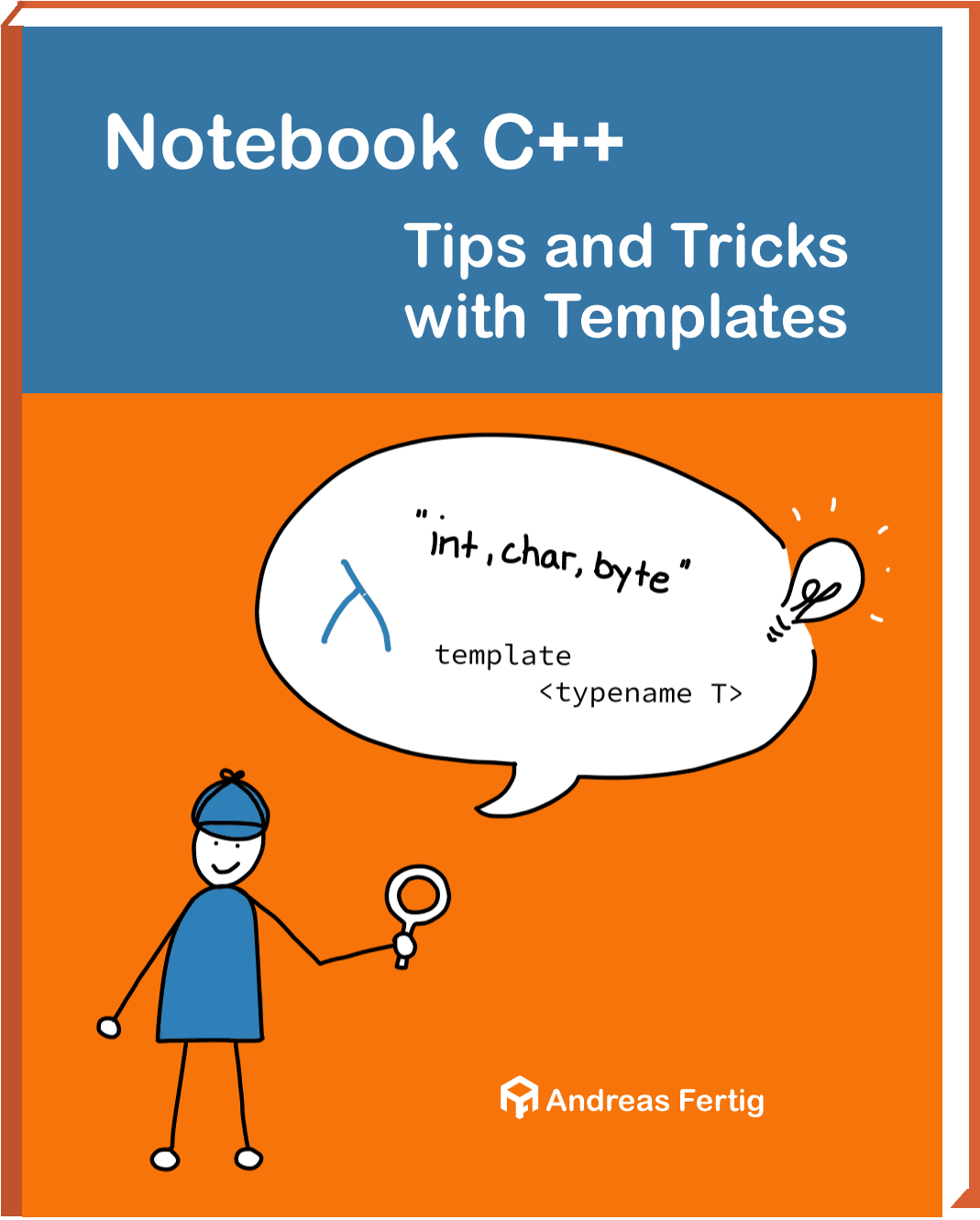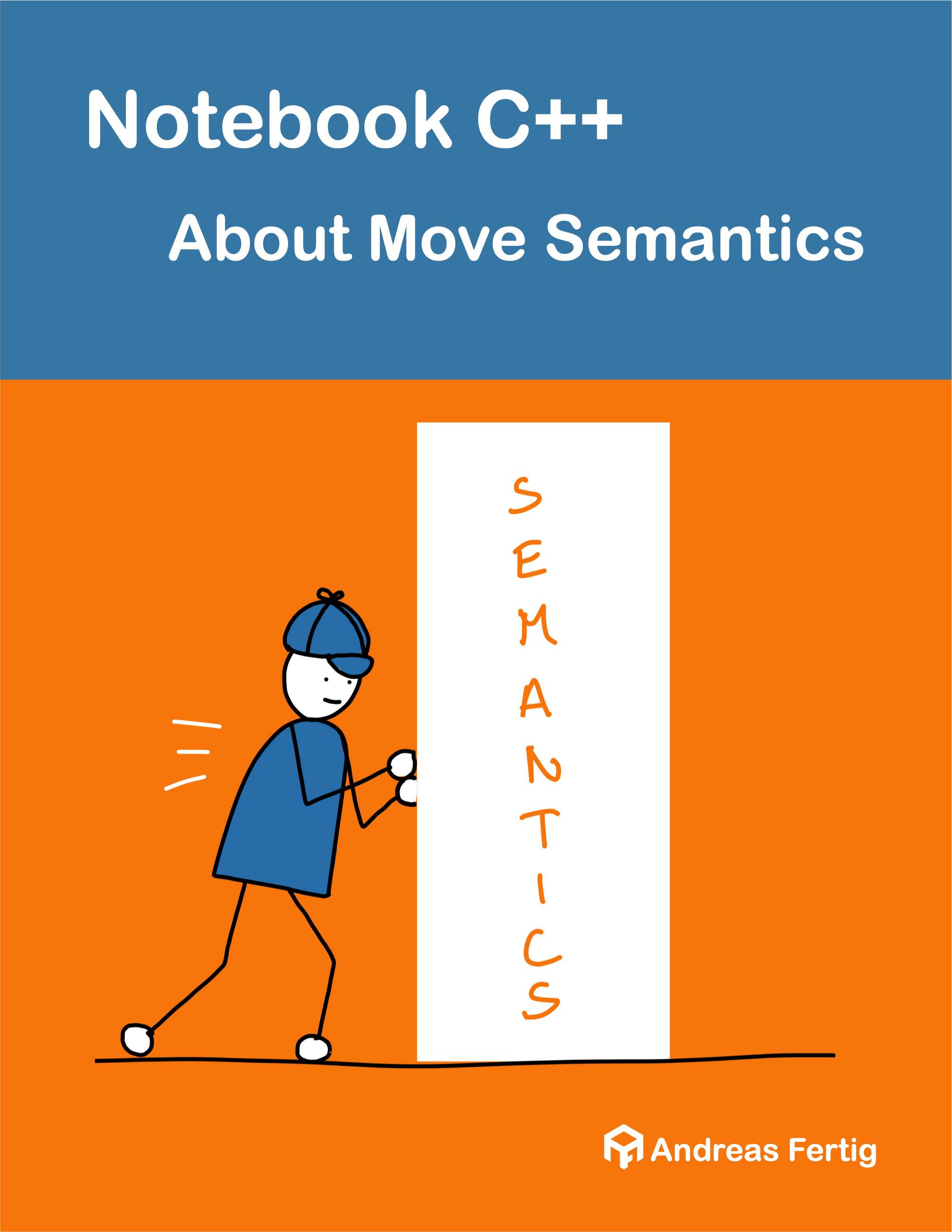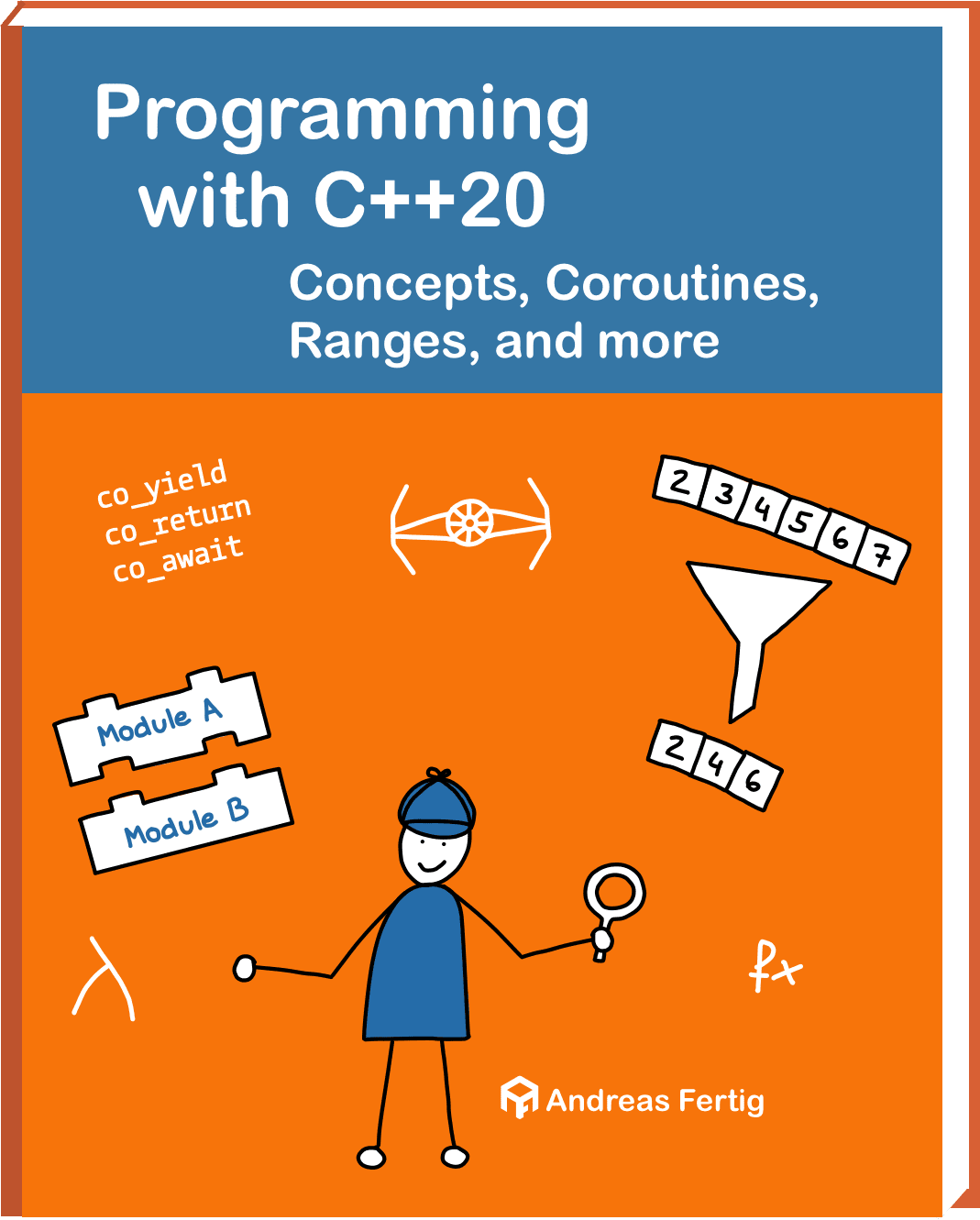Safe and Efficient C++ for Embedded Environments
Course Description
In today’s tech landscape, recent advancements in C++ provide tools to tackle the unique challenges of embedded environments. This is true even for environments following MISRA, Autosar, or SIL guidelines.
This course will enhance your embedded systems skills using modern C++. By practical examples, you will learn how to write code that is safer, more robust, and more efficient. You will see patterns to replace the POSIX length value API.
We'll start with the basics and gradually move on to more advanced topics, all designed to make your code stronger and more efficient.
Coroutines add a whole new level to writing parsers. You'll learn how they work and how to use them without relying on the heap.
Many embedded systems operate without a heap. We explore standard compliant and undefined behavior-free ways to deal with custom allocators. You’ll see firsthand how unique_ptr, from the Standard Library (STL), can be a game changer even in memory-constrained environments.
This directly leads to the next topic, using the STL in an embedded environment, which often disallows using the global heap or exceptions. You’ll learn to effectively leverage STL features in these contexts. Do you need to use std::chrono but face compatibility issues with your hardware clock? I’ll show you how to seamlessly integrate your custom clock with STLs std::chrono, ensuring that everything works harmoniously.
Lastly, error handling can be tricky in embedded programming, especially without exceptions. You’ll gain insights into the powerful capabilities of C++23's std::expected, making your code more readable, maintainable, and resilient.
What participants will gain
By the end of this course, you'll not only be well-versed in the latest C++ features tailored for embedded systems but you'll also be equipped to write type-safe code that effectively avoids common pitfalls such as out-of-bounds access. Improve your code's readability and maintain efficiency, all while mastering the art of embedded programming with confidence.
Course Outline
- Language features in C++
- Explicit data type conversion
- Uniform initialization
- Digit separator
autotype deduction- range-based for loops
- Strongly typed
enum staticorinline- Attributes
- User defined literals applied
- Avoid code bloat in C++
- Controlling your objects (OOP)
classorstructexplicit- Default member initialization
- Constructor delegation
- Deliberately disable member functions
- Virtual functions
- Curiously Recurring Template Pattern
- ROM-ability
- Coroutines: Resumable functions
- Living without the heap
- Dynamic memory management
- Properly aligning your local heap buffer
- Placement-new
- The STL as an alternative to placement-new
- Implementing a pool allocator
std::unique_ptr
- Standard Template Library meets embedded
- STL rules of thumb
- Safe headers for embedded environments
std::chronostd::arraystd::spanstd::optionalstd::string_viewstd::expected- Peaking into algorithms
Included in this course are
- A handout as color PDF, which includes all references and an acronyms list;
- The source code for the exercises as well as sample solutions for all exercises as a ZIP-file;
- Certificate of attendance;
- A complimentary copy one of my books
What you can expect from my training courses.
My motto is "Write unique code." I like to reduce the code to the necessary parts. Duplication can be done using templates or functions so that, in the end, each individual piece of code clearly contributes to the code base. Only the unique code reduces maintenance. It gives you more time to focus on your next customer needs.
In order to write unique code in practice, all training courses have a high practical component. Impulses and presentations complement practical exercises. In any case, my sessions are very interactive. I like to hear what the participants think to give the right tips. This creates a training experience in which each participant learns something new and achieves their own learning success. The training components build on each other didactically and in terms of content. And I answer questions at any time.
The live demo parts are an essential part of my lessons. I use the following two tools there:
- Compiler Explorer von Matt Godbolt
- C++ Insights von mir selbst.


